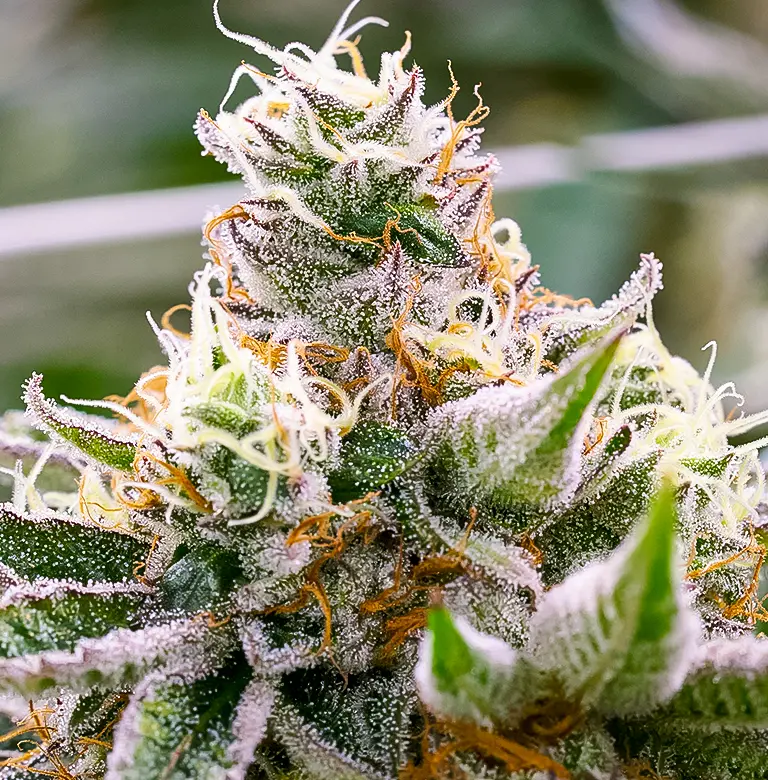The Recovery Power of Medical Marijuana: a Deep Study Its Prospective to Deal With Numerous Conditions
In current years, the conversation around the therapeutic capacity of medical cannabis has actually gotten substantial traction within the clinical area. The advancing landscape of clinical marijuana presents a complicated tapestry of potential advantages that warrant a closer exam, dropping light on a world of treatment possibilities that proceed to intrigue specialists and individuals alike.
Healing Advantages of Clinical Marijuana
In the world of modern medication, the healing benefits of medical cannabis have become a promising method for treating different wellness conditions. The active compounds in marijuana, known as cannabinoids, engage with the body's endocannabinoid system to produce a variety of impacts that can be advantageous for clients. Among one of the most well-known cannabinoids is cannabidiol (CBD), which has gotten attention for its prospective anti-inflammatory, analgesic, and anxiolytic buildings without the psychoactive impacts typically associated with tetrahydrocannabinol (THC)
Medical marijuana has actually shown particular guarantee in easing chronic discomfort, spasticity connected with several sclerosis, nausea and throwing up in radiation treatment people, and signs and symptoms of specific neurological conditions like epilepsy. Research is also discovering its capacity in managing psychological health and wellness problems such as stress and anxiety, depression, and trauma. Furthermore, medical cannabis is being investigated for its anti-inflammatory properties, which can have ramifications for problems like arthritis and inflammatory digestive tract disease.
Minimizing Persistent Pain With Marijuana
Having shown efficacy in attending to a range of wellness problems, medical marijuana notably radiates in its capacity to offer relief for individuals coming to grips with persistent pain. Chronic pain, identified by its persistence and incapacitating nature, impacts millions worldwide, commonly considerably affecting quality of life. Traditional pain monitoring approaches, such as opioids, might include unfavorable side impacts and the risk of dependency, driving many clients to seek alternative remedies.
Clinical cannabis has emerged as an encouraging choice for persistent pain administration due to its analgesic homes. Researches have actually revealed that clinical marijuana can efficiently minimize chronic discomfort linked with problems like arthritis, fibromyalgia, several sclerosis, and neuropathy.
Managing Anxiety and Stress
Clinical cannabis provides a sensible alternative for people looking for alleviation from anxiety and stress and anxiety due to its potential soothing impacts on the body and mind. By possibly impacting the launch of natural chemicals and regulating stress action, clinical marijuana shows pledge in offering a natural alternative for taking care of these conditions.
In addition, unlike standard anti-anxiety medications that might come with unwanted negative effects or threat of reliance, clinical marijuana supplies a possibly more secure option for people wanting to alleviate anxiousness and anxiety. It is essential for individuals considering clinical cannabis for these objectives to seek advice from with a health care provider experienced concerning clinical marijuana to ensure secure and reliable usage.
Marijuana for Neurological Conditions
Research study has revealed promising possibility in making use of marijuana for handling neurological problems. Neurological conditions encompass a variety of conditions affecting the mind, spine cable, and nerves, such as epilepsy, multiple sclerosis, Parkinson's disease, and Alzheimer's illness. Marijuana, with its active substances like THC and CBD, has actually shown neuroprotective, anti-inflammatory, and antioxidant homes that could benefit people with these problems.

While even more scientific trials are needed to totally recognize the efficacy and safety of cannabis for neurological problems, preliminary findings are motivating and warrant additional investigation into the restorative possibility of this plant for improving the lives of those impacted by such conditions. - Medical Marijuana Clinic Clinton MS
Potential of Cannabis in Cancer Therapy
The broadening perspective of clinical marijuana applications includes the possibility of leveraging its residential properties in cancer treatment, providing a brand-new avenue of exploration in using her explanation the healing advantages of this plant for addressing complicated wellness challenges. Marijuana reveals pledge in cancer therapy because of its prospective to relieve symptoms associated to the illness and its therapy, such as discomfort, nausea, and loss of hunger. In addition, cannabinoids, the active substances in cannabis, have actually shown anti-tumor results in preclinical studies, showing their potential in preventing the development of cancer cells.
In addition, marijuana may help in taking care of the negative effects of traditional cancer cells therapies like chemotherapy, potentially improving individuals' top quality of life during treatment. While even more research is required to completely great post to read comprehend the devices behind marijuana's potential anti-cancer buildings and its effectiveness in different sorts of cancers cells, the preliminary findings suggest that clinical marijuana might play a valuable role in the future of cancer cells therapy. As the expedition of cannabis in oncology continues, it holds guarantee as a complementary method to standard cancer cells therapies, offering clients a well-tolerated and possibly effective option in their therapy programs.
Verdict
To conclude, clinical marijuana has revealed encouraging capacity in treating a selection of disorders, consisting of chronic discomfort, anxiousness, anxiety, neurological conditions, and cancer cells. Its healing advantages have actually been significantly recognized by the clinical neighborhood, with ongoing study highlighting its performance in managing these problems. As more researches are carried out, medical cannabis may come to be a beneficial treatment alternative for people struggling with these debilitating conditions.
In recent years, the conversation around the therapeutic capacity of clinical marijuana has actually acquired substantial grip within the medical neighborhood. The evolving landscape of clinical marijuana presents an intricate tapestry of potential advantages that necessitate a closer exam, dropping light on a realm of therapy opportunities that proceed to intrigue specialists and clients alike.
